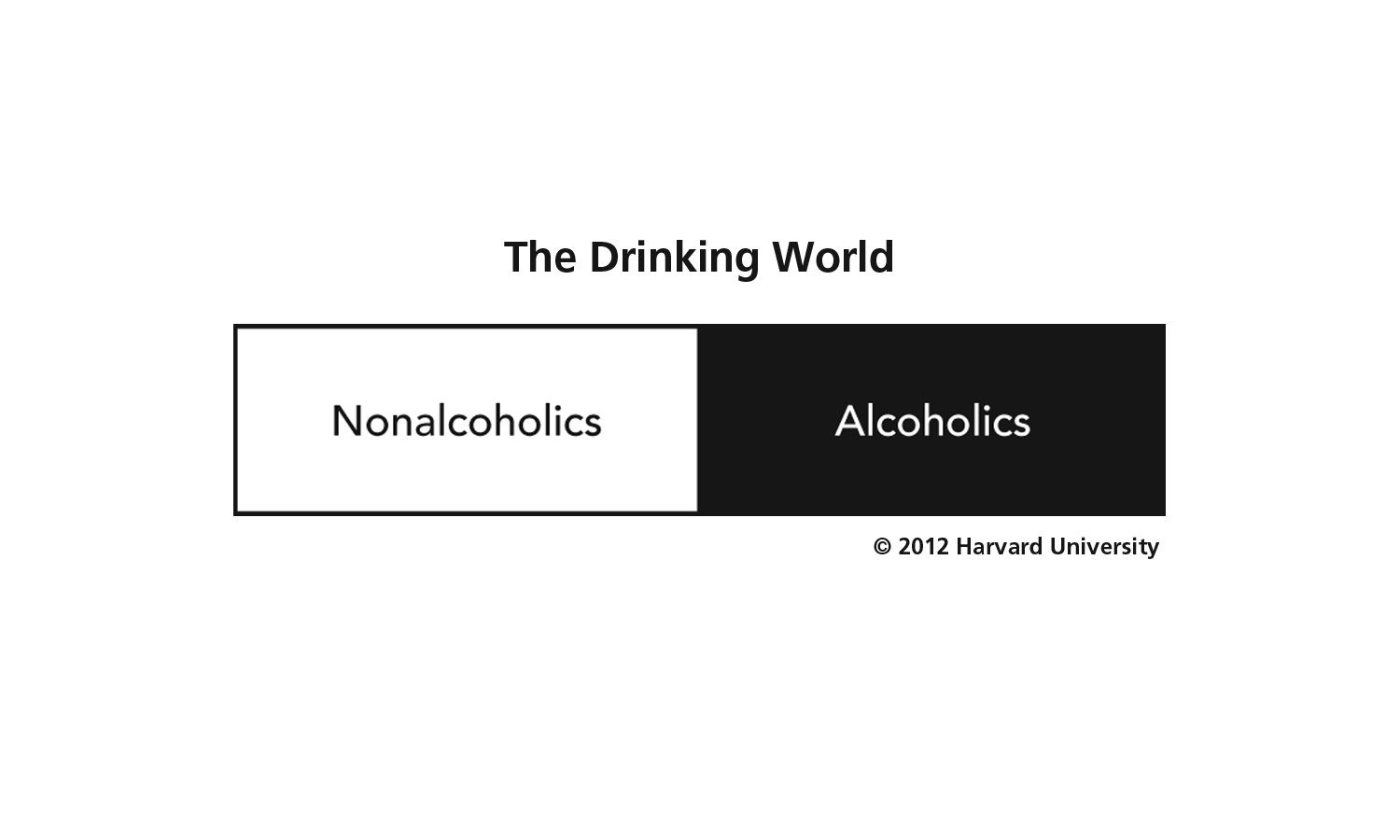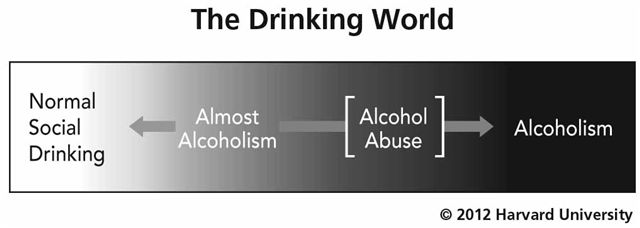
Grieving the Loss of a Drinking Buddy
In an article recently published in the New York Times titled "A Glass All Empty," the writer Elissa Schappell poignantly described the dismay she experienced after her husband Rob decided to quit drinking. According to Elissa, Rob has never considered himself an alcoholic. That said, it is also clear from that article that alcohol had played a major role in this couple's lives up until Rob made his decision. It's also clear that Elissa misses those days, though she also clearly respects her husband's decision. This raises an interesting question: Does a person have to be an alcoholic in order to decide to quit drinking, and does such a decision imply that a person is (or was) an alcoholic?
In her article, Schappell writes:
When the family was together, there were always bottles of wine, aperitifs and chapmagne, the empties rolled across the floor to honor those who couldn't be with us and celebrate the fact that we were all together. There were the icy martinis we'd toss back while working at Spy magazine, a river of gin that connected us to the past and our heroes of the Algonquin Round Table.
Home for the holidays in Delaware, there were shots of aquavit with an oyster on Christmas morning. There were always after-dinner drinks -- Chartreuse and port and whatever exotic liqueurs my parents might have discovered on one of their trips to places like Vietnam or the former Czechoslovakia. We wore linen and drank gin and tonics barefoot in the grass at our wedding shower.
Surely that is a lot of drinking. But does it qualify either Elissa or Rob as an alcoholic? Not necessarily. By the same token, if neither Elissa nor Rob is an alcoholic, are they simply occasional social drinkers? An answer to that requires a closer look.
It's clear that although Rob did not articulate in any detail the reasons for his decision to quit, he definitely made a rational decision. He did so (and stuck to it) despite the fact that it made at least some of their friends uncomfortable ("Could Rob be an alcoholic?" they might have wondered), and despite the fact that his wife missed her drinking buddy. Rob's decision appears to have coincided with he and Elissa starting a family, and also with a desire on his part to focus on his physical health and fitness, which he did by avidly pursuing long-distance cycling.
Not a Dichotomy
As a society it seems that we have, over time, come to think of drinking in terms of a dichotomy. In other words, we see the "drinking world" as divided into two categories of people: There are alcoholics, and then there are "the rest of us." This dichotomy can be represented by a diagram such as the following:

But the truth is that the real drinking world is not a dichotomy at all, but a spectrum that allows for infinite degrees of differences in terms of drinking behavior. The real drinking world looks something like this:
Judging by her own description, Elissa and her husband (at least while he was still drinking) appear to have lived somewhere in the gray zone that is labeled "almost alcoholic" in this diagram. Does that mean that they are alcoholics? No, it does not. But does it mean that their drinking probably had no adverse consequences? Again, the answer is no. Drinking at a level that places a person somewhere in the middle of the almost-alcoholic zone almost always is associated with some adverse consequences. However, because it is not to the extreme right on the drinking spectrum, people typically do not "connect the dots" and see the connection between their drinking and its consequences. In other words, because they are not dependent on alcohol, they feel safe. This may well have been the case for Elissa and Rob. For some reason, however, Rob came to a different conclusion. What "dots" he may have connected and that led him to make that decision were not revealed in Elissa's article, but it is safe to assume they were there.
Not Labeling Everyone
The concept of "almost alcoholic" is not meant to pathologize drinking per se. Indeed, only very small minority of men and women who drink qualify for a formal diagnosis. Rather, the almost-alcoholic concept is meant as an aid that people can use to take stock of their drinking behavior and to see if, indeed, there are any "dots" to connect. Consequences of almost-alcoholic drinking can include such things as:
- Chronic poor sleep and resulting loss of energy/vitality
- Health consequences such as diabetes or hypertension
- Decreased performance at work and/or decreased creative output
- Deteriorating relationships
- Depression
None of the above need be dramatic for men and women in the almost-alcoholic zone; nevertheless they are real. Moreover, they are rarely connected to the drinking that is their true cause. So many people will turn to sleep aids, antidepressants, or blood pressure medication for a cure.
What is a person to do if they realize that they are not an alcoholic, but neither are they a normal social drinker? They could, of course, choose to quit, as Rob did. Alternatively, they can choose to "shift left" on the drinking spectrum. Such a decision does not imply that you admit to having a "diagnosis," or that you are "mentally ill." Rather, it simply means that you have decided to make some changes in your lifestyle in the interest of your overall health.
For more information (and solutions) see Almost Alcoholic: Is My (or My Loved One's) Drinking a Problem?
For more by Joseph Nowinski, Ph.D., click here.
For more on addiction and recovery, click here.
